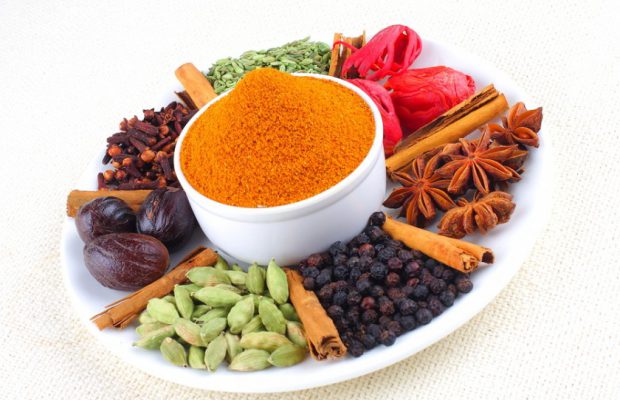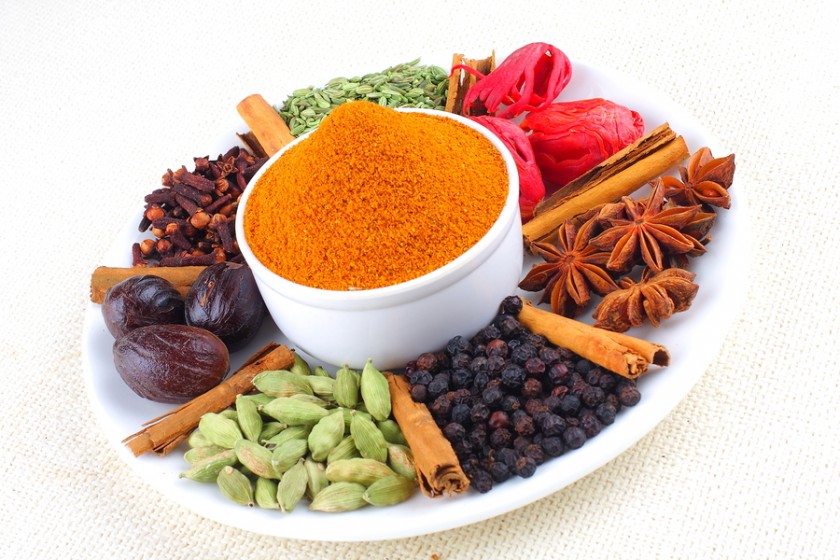The Health Benefits of Indian Herbs


Aromatic herbs and spices are a mainstay in most Indian households. These spices add flavor, depth, and health benefits to various Indian dishes. Apart from cooking Indian dishes, you can also incorporate these herbs to make healthy dishes at home.
For centuries, spices and herbs have been used in Asia as a treatment for various health problems. Dozens of studies have been conducted to support the health benefits of these spices. And in today’s post, we are giving you more reason to add Indian spices to your favorite dishes:
Anti-Inflammatory Properties
Turmeric is the most popular of all Indian spices. This spice gives curry its bright yellow coloring. According to Indian healers, turmeric is loaded with anti-inflammatory properties and antioxidants. The anti-inflammatory properties in turmeric help reduce the risk of heart diseases. It also soothes all types of pains, including toothache and menstrual cramps. Turmeric also contains curcumin, an antioxidant that kills cancer cells in vitro. Curcumin is also proven to shrink tumors in lab tests.
Reduces the Risk of Hypertension
Cardamom is an aromatic spice used to enhance the flavors of mild-tasting vegetables like squash and sweet potatoes. This spice is also taken as tea when combined with ginger, cinnamon, and cloves. Apart from its sweet, decadent flavor, cardamom effectively lowers the risk of hypertension according to lab tests. The nutrients in cardamom also ease digestion. In fact, a study published in the Journal of Ethnopharmacology found that cardamom contains certain compounds that treat a wide range of gastrointestinal issues, including diarrhea, stomach cramps, and colic.
Protects from Oxidative Stress
Oxidative stress is one of the leading causes of chronic diseases, including cancer. It occurs when free radicals are able to penetrate the body, damaging healthy cells. Free radicals are destructive ions that are drawn to healthy cells. Once the healthy cells are damaged by free radicals, some mutate and increase in number at a much faster pace. Cell mutation is the precursor to cancer.
Some types of Indian spices contain antioxidants, chemicals that naturally neutralize the damages caused by free radicals. These nutrients help trigger cell repair while keeping the body healthy. Coriander is a great source of antioxidant. This herb has been used in Indian cooking for at least 7,000 years.
The fresh leaves of coriander are teeming with anti-inflammatory properties that aid in gastrointestinal issues. Its antioxidants create a protective barrier over every cell, protecting it from free radical stress. In fact, a study published in the journal Research Journal of Pharmaceutical, Biological and Chemical Sciences found that the antioxidants in coriander help reduce oxidative stress among diabetics. The researchers concluded that this spice is a part of a dietary therapy among diabetics. Apart from that, this herb also reduces the level of bad cholesterol in the body.
Promotes Better Digestion
Fennel seeds are an incredible source of dietary fiber. This nutrient bulks up the stool for easy elimination. Fiber also promotes weight loss and reduces the risk of heart diseases. Regular consumption of fennel seeds helps ease digestion. The nutrients found in fennel seeds reduce the risk of constipation and stomach spasms. Fennel seeds also protect the digestive lining from inflammation.





0 comments